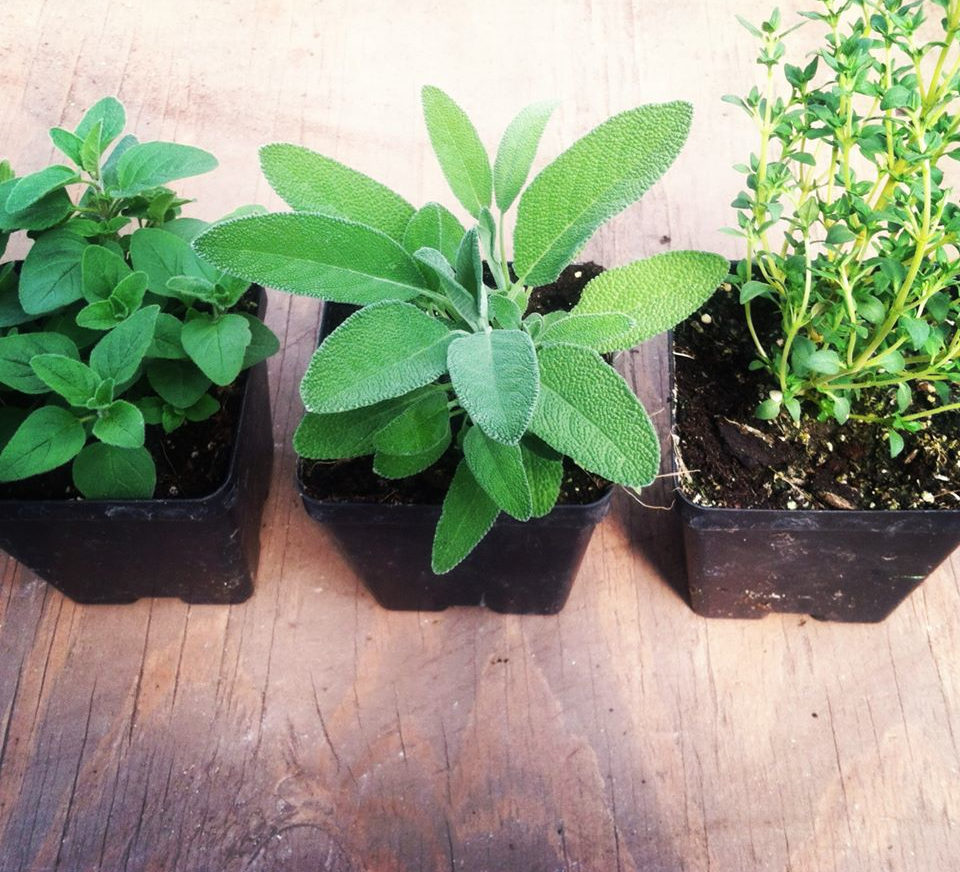The amount of water you need to give your pepper plants will vary depending on a few factors:
- Where it is planted (in-ground or container)
- Rain Accumulation
- Humidity
- Heat/Temperature
It’s always helpful to understand a plant’s origins when trying to determine what conditions are ideal. Peppers are native to Mexico, Central, and South America where the climate is hot and relatively dry so naturally they need less water than other plants. Hotter, drier climates make for thirstier plants while cooler moist environments tend to keep soils moist.
Common mistakes in watering peppers
It’s no surprise that the most common mistake people make when watering pepper plants is watering them too much and/or too frequently. Peppers prefer to be on the drier side with with infrequent, deep watering.
Watering overhead is also a no-no when it comes to most warm season crops. This is because fungal diseases are common in solanaceous plants like peppers, tomatoes, potatoes, and eggplants which are spread by moisture droplets bouncing from leaf to leaf. Try to water at the base of your plants with a hose, drop irrigation, or watering can if possible.
How often should you water peppers planted in the ground or in raised beds?
The general rule here is to water peppers deeply and infrequently. Water thoroughly once a week, after the plants are established.
By watering deeply, you allow the moisture to penetrate deep into the soil. Backing off on water for the rest of the week encourages your pepper plants to grow deeper roots in order to forage for that deeper water. Watering frequently and only on the surface keeps roots at the top of the soil resulting in weaker, flimsier plants.
Keep an eye on the weather for the week – if it looks like you’ll be getting close to an inch of rain, it’s likely that you won’t need to water. Also keep an eye on your plants — wilting is a sign that they’re thirsty so give them a drink if they’re asking for it!
Note that you should water newly transplanted peppers daily after planting until they recover crop transplant shock. Then water every couple of days until they begin to grow quickly, at which point weekly watering should be sufficient.
How often should you water pepper plants in containers?
Peppers planted in containers need considerably more water than those planted directly in the ground or in raised beds. This is because their roots don’t have the ability to forage for water or nutrients past the confines of the container. Depending on the size of your container, they should receive water daily or every other day. Again, keep an eye on them and if you see them wilting, make sure to give them a drink.
What time of day should you water your pepper plants?
As with most plants, it’s best to water in the morning before it gets hot or in the evening once things have cooled down. This prevents water from evaporating during the heat of the day before the plant can absorb it. It can also prevent burning of the leaves if you’re unable to water your plants at their base and have to water overhead. Water acts as a magnifier, making the sun’s rays stronger.
Can watering hot peppers less make them spicier?
The short answer is yes! Withholding water can result in higher levels of capsaicin, the compound in peppers that makes them spicy. Once they begin fruiting, watering your plants minimally can result in hotter fruits. (Don’t worry — withholding water from sweet peppers will not make them spicy.)
It’s a good idea to give plenty of water while the plants are in the vegetative state, before they begin fruiting. This way the plants will grow bigger and make for a larger harvest!

